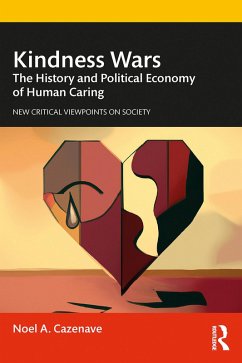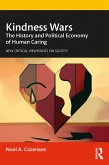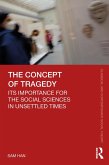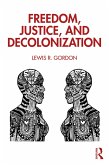Dieser Download kann aus rechtlichen Gründen nur mit Rechnungsadresse in A, B, BG, CY, CZ, D, DK, EW, E, FIN, F, GR, HR, H, IRL, I, LT, L, LR, M, NL, PL, P, R, S, SLO, SK ausgeliefert werden.
- Stephen G. Post, PhD, Professor and Director, Center for Medical Humanities, Compassionate Care & Bioethics, Stony Brook University
"Noel Cazenave's Kindness Wars is a majestic work of political and social theory. Written in highly accessible language, it starts by surveying debates about human nature, moves through arguments in antiquity and then on to political theory as it developed in the early modern period and the enlightenment, culminating with a sustained analysis of the current political scene. Throughout it unflaggingly sustains its original and highly inventive framing that kindness is contingent upon the social context in which individuals get to act (on their own and in solidarity with others). There are many take-aways including how the class-based nature of western capitalist societies poses a persistent constraint on people's ability to practice kindness. This book is written to be widely read and surely deserves to be."
- Sanford Schram, Professor of Political Science, Hunter College, City University of New York
"Through the unique lens of a conflict theoretical perspective, Dr. Cazenave explores not only the definition of kindness but also the question of what it means to be kind and whether to be kind at all. As he notes, the millennia old "kindness theory" permeates history defining what is a kind society. This volume is an intellectual tour de force reviewing the politically-engaged conceptualizations of kindness at the center of the Enlightenment-era and other Western political and economic debates and giving us a far different perspective about human beings, possibilities and kindness then most are aware. Through this volume we have a roadmap to create a worldwide and enduring kindness revolution. A must read."
- Professor James R. Doty, Clinical Professor of Neurosurgery and Director and Founder of The Center for Compassion and Altruism Research and Education, Stanford University School of Medicine









